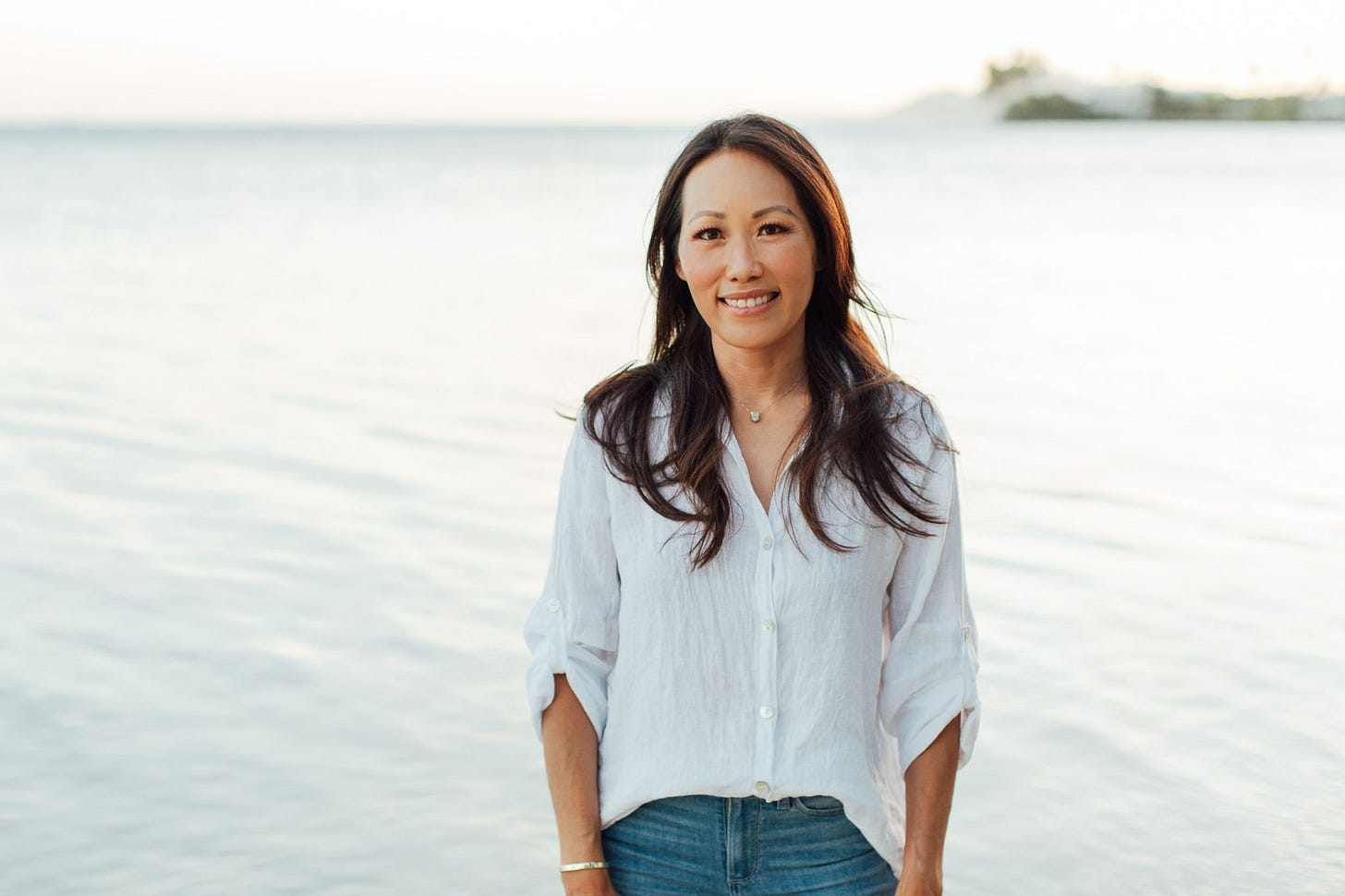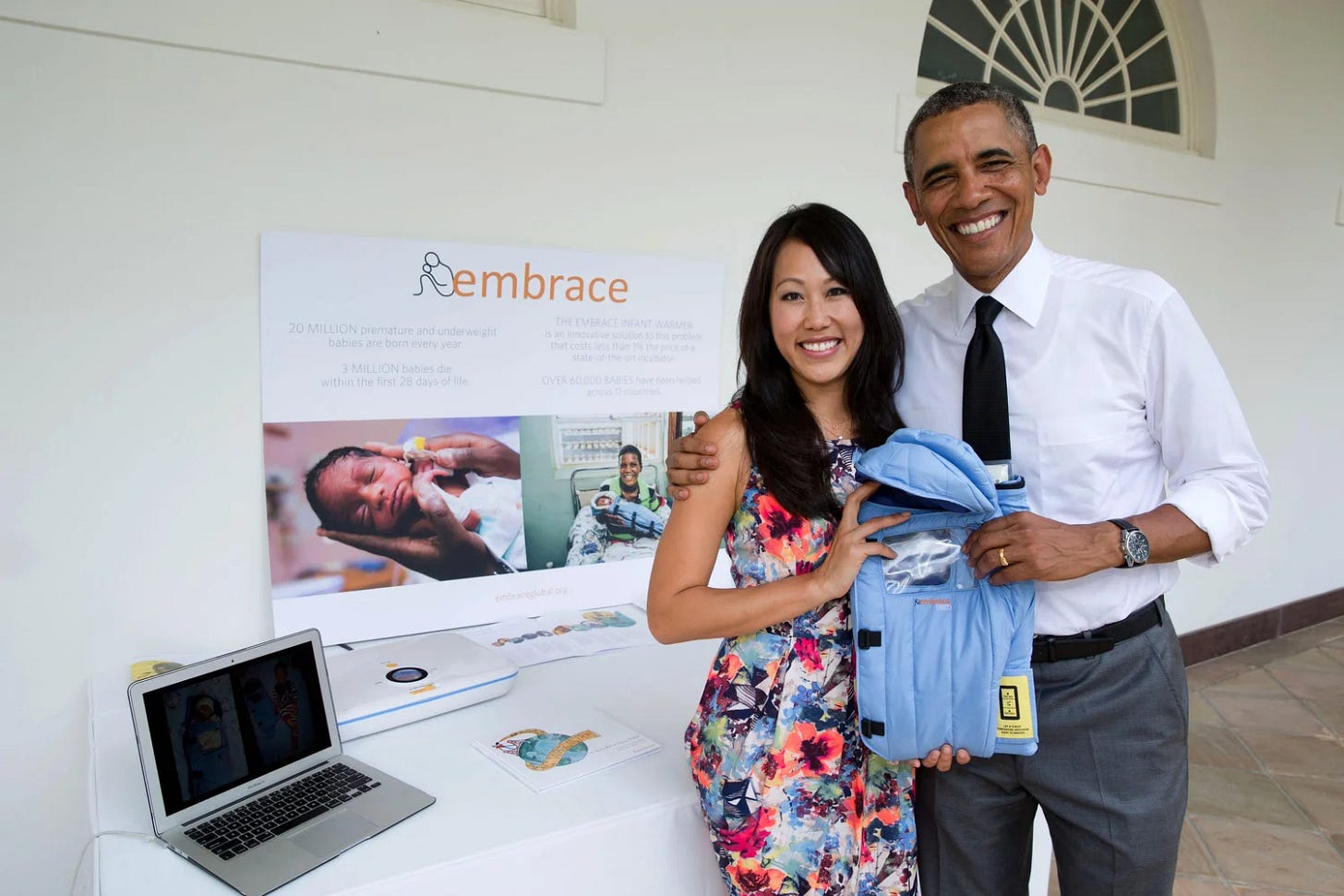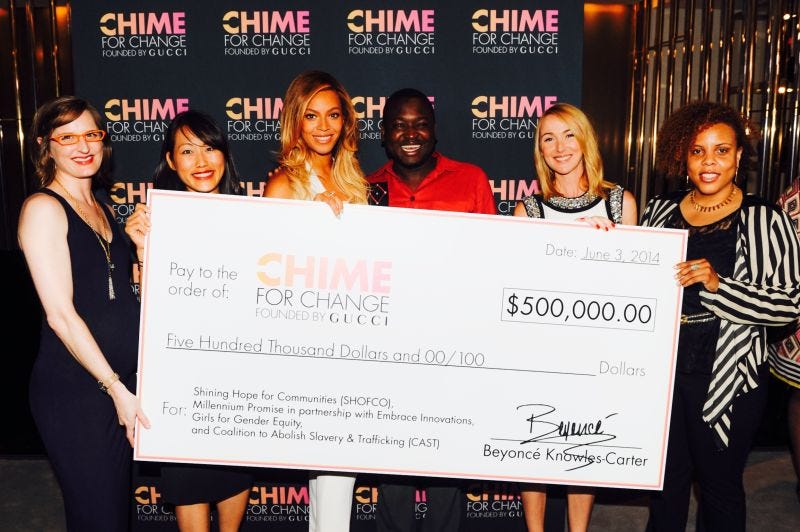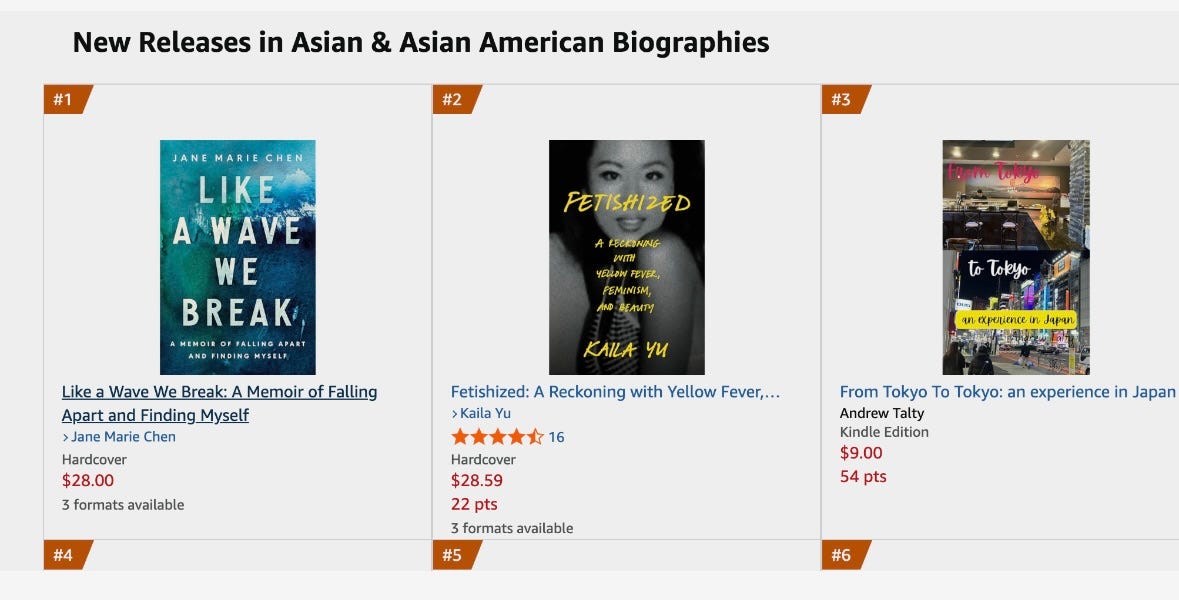Like a Wave We Break
A personal journey of finding self-worth and self-compassion
I kept pushing through equations, rivulets of snot and tears running down my face. “Wipe your face!” Dad ordered. I shuffled to the bathroom and blew my nose as slowly as I possibly could, dreading the return. That snotty moment was my only respite. Dad never explained how I might solve the problems. He just hit me when I got them wrong. By the time I finished the worksheet, my head was throbbing. I went back to summer school the next day as if nothing had happened, turning in my homework with a smile. I learned less about fractions that summer than about the danger of mistakes. Making them, especially in front of others, led to pain and humiliation.
I never talked about getting beaten at home. Corporal punishment was part of our culture. Americans wouldn’t understand, my parents told us. According to them, it was both totally normal and something to hide. As I got older, I became a world-class compartmentalizer. I could get slapped one minute and slap a smile on my face the next. Everything is fine. Everything is normal. At some point, I started to believe my own story.
An excerpt from Like a Wave We Break, A Memoir of Falling Apart and Finding Myself
My friend Jane Chen had it all. She had degrees from Harvard and Stanford. She co-founded and led a company that helped save 1 million babies around the world. She was meeting President Obama and Beyonce. On the surface, she looked like she had it all, but inside she was fighting for her life.
“I was in the worst place of my life. I was completely burned out after 10 years of doing this work and decided to take time off to focus on my mental health and well-being.
In the process, I began to confront my past trauma. I grew up in a home with domestic violence. In my relentless efforts to build Embrace Global, I had never understood what was driving me so hard. I realized that feeling so powerless in my childhood made me want to help the most powerless people in the world. But it turns out healing others does not heal your own wounds. The abuse I experienced made me feel like I wasn’t enough — no matter how many degrees I got, accolades I won, or babies I saved. Unfortunately, we live in a society in which our self-worth is often predicated on external factors: our successes, our failures, how others perceive us.”- Jane Chen
Jane endured verbal and physical abuse from her father, things that our culture tells us to never acknowledge or speak of, but that have long-lasting effects. She desperately sought healing through dozens of modalities from working with world-renowned trauma experts to doing psychedelic journeys. Through it all, she learned how to have self-compassion and find an inner sense of self-worth.
So many of us struggle daily with this, questioning whether we are enough. We believe that our achievements and failures define us, that our LinkedIn profiles are what give us value. Jane had accomplished so much in the eyes of the world, when in fact she was still that little girl fighting her whole life to prove to her father that she was worthy of his love and acceptance as she was.
Some of the greatest achievements in human history have come from those who have experienced deep trauma, driven by a chip on the shoulder or trying to prove themselves to someone else. But that achievement does not heal the trauma, it merely hides it better.
That’s why Jane has written her memoir titled, Like a Wave We Break. She hopes that by unapologetically sharing her story, others will feel that they have permission to face their trauma and seek healing themselves.
Unfortunately, many Asian Americans are far too familiar with her journey, I know I am. Her book starts a taboo conversation that many of us have never been ready to have. It speaks about the unspoken physical and mental abuse that happens in far too many households, that is culturally acceptable, but morally reprehensible. It gives people the permission to heal. It’s time to make the taboo not taboo.
My LinkedIn post about the book now has close to 100,000 views and over 40 reposts. More importantly, there are over 100 comments so far. Comments from people who resonated and related to Jane's experience of childhood trauma leading to a lifelong questioning of self-worth and validation despite finding success in the eyes of the world. Sadly, these are shared experiences across cultures and many are immigrant stories. I think Jane's story resonates because so many have had to bury this trauma in order to survive and thrive, but have never fully processed or dealt with it. Whenever we hear someone else's story that resembles ours, it gives us permission to acknowledge and talk about it. What was once unacceptable becomes acceptable.
Jane wasn't sure she would have an audience with her book, but through the positive response to the post, she feels validated that her story does matter and is going to help a lot of people. She's already helped over a million babies survive. Now she can help many adults thrive as well.
Right now her book is the #1 selling new release in Asian American and Asian Biographies on Amazon. By making her book a bestseller, it will get the recognition it deserves, so more people will be made aware of it and hopefully benefit from her vulnerability and wisdom. Please pre-order the book to support!
Fun Fact: Jane went was high school classmates with Kaila Yu, the second ranked book author, in Upland, California. This is from a high school with a relatively small population of Asian students!







Much love to Jane and to you Dave.
This is so deep and reading it already helps a lot. Thank you 🙏